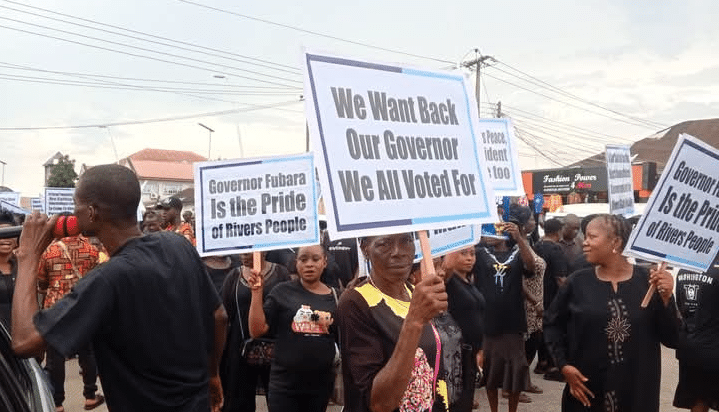
In a move aimed at achieving energy independence and mitigating the impact of rising electricity costs, the Federal Government has earmarked a substantial N10 billion in the 2025 budget for the installation of a solar mini-grid at the Presidential Villa.
The project, officially titled “Solarisation of the Villa with Solar Mini Grid,” underscores the government’s intention to lessen the State House’s reliance on the often-unstable national grid. This significant allocation accounts for the entire N10 billion increase in the State House’s capital expenditure, which has risen from N33.55 billion to N43.55 billion. Consequently, the total budget for the State House has seen a notable jump from the initially proposed N47.11 billion to N57.11 billion in the approved version.
This shift towards solar energy comes against a backdrop of increasing public frustration over the erratic nature of the national power supply and the escalating tariffs, particularly affecting Band A consumers who are meant to receive a minimum of 20 hours of electricity daily. Notably, tariffs for this group witnessed a sharp surge in 2024, climbing from N68 per kilowatt-hour (kWh) to over N209/kWh within a few months.
The financial strain of relying on the national grid is evident in the State House’s electricity expenditure. In 2024, the Villa spent a total of N483.34 million on electricity, a significant increase from the N344.82 million spent in 2023. This rise was partly attributed to a bulk payment of N316.88 million made in October to clear accumulated arrears.
Earlier in 2024, the Abuja Electricity Distribution Company (AEDC) had publicly identified the Presidential Villa as one of its major government debtors, citing an outstanding bill of N923.87 million. Following reconciliation, this figure was revised to N342.35 million, prompting President Bola Tinubu to order immediate settlement to avoid disconnection.
Interestingly, the 2025 budget allocates a lower figure of N311.09 million for electricity under the Villa’s utilities budget. This suggests an anticipation of reduced grid consumption once the N10 billion solar mini-grid project becomes operational, signaling a long-term strategy for sustainable and cost-effective power supply for the nation’s seat of power.








